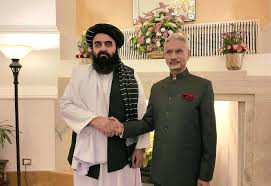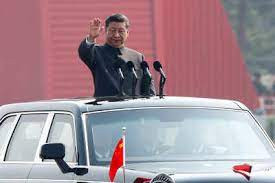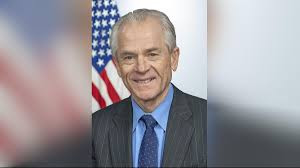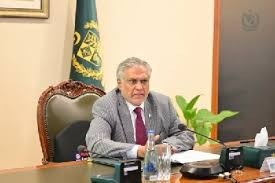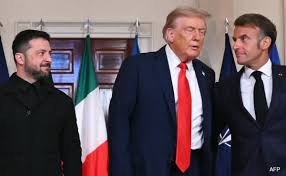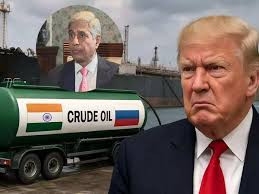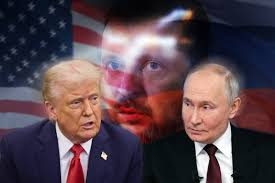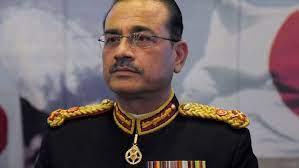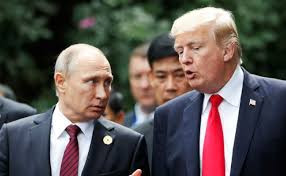Los Angeles Tense as Trump Escalates Rhetoric, Sends 700 Marines to Quell Widening Protests
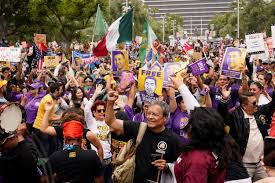
IIE DIGITAL DESK : Los Los Angeles is bracing for intensified unrest as former U.S. President Donald Trump sharply escalated his rhetoric and ordered the deployment of 700 U.S. Marines to respond to the swelling wave of protests gripping the city. The move has sparked fresh controversy across political lines, raising concerns over militarization, freedom of assembly, and potential political motivations behind the federal intervention.
Protests erupted earlier this week in Los Angeles following a string of politically charged remarks and campaign promises made by Trump during his latest rally in California. The city, already a hotspot for progressive movements and anti-Trump sentiment, quickly saw demonstrations swell across multiple neighborhoods — from downtown LA to Santa Monica and Hollywood.
Tensions began to rise when Trump, addressing supporters in a televised statement, referred to protestors as “radicals” and “domestic threats” that must be “crushed before they poison American democracy.” These comments ignited a fierce backlash among civil rights advocates and Democratic leaders, who accused the former president of using inflammatory language to criminalize dissent and stoke division.
The decision to send in 700 active-duty Marines marks a dramatic and controversial escalation. Official statements from Trump’s campaign and his legal team claim that the deployment was requested under emergency provisions due to what they described as “organized rioting and destruction of property.” However, local authorities in California, including Governor Gavin Newsom and Los Angeles Mayor Karen Bass, have denied making any such request and have expressed deep concern over the unilateral nature of the federal move.
Videos shared across social media show military vehicles moving through certain neighborhoods in Los Angeles, with heavily armed troops positioned near government buildings, major intersections, and public transit stations. Protestors, many of whom have been staging peaceful demonstrations, say the presence of the Marines has only heightened tensions rather than restored order.
Civil liberties organizations, including the ACLU and Human Rights Watch, have condemned the deployment, calling it a dangerous precedent that undermines constitutional rights. “Using the military to silence protesters, particularly in a city known for its cultural and political diversity, is a chilling assault on democracy,” said one ACLU representative.
Trump, doubled down on his stance, posting on social media that “Anarchy will not be tolerated. These are not peaceful protestors — they are agitators trying to destroy the American way of life. We are bringing law and order back, no matter the cost.” He also hinted that similar actions could be taken in other cities if unrest continues.
Legal experts remain divided on the constitutionality of Trump’s decision, especially given that he is currently not the sitting president. While some believe he is acting as a political figure attempting to influence public perception and campaign momentum ahead of the 2024 elections, others warn that this strategy could dangerously blur the line between campaign theatrics and real-world consequences.
Residents in Los Angeles are grappling with uncertainty. Local businesses have started boarding up windows, schools have shifted to remote instruction in several districts, and curfews are being considered for high-tension areas. Despite the military presence, protests have continued, with demonstrators chanting slogans against authoritarianism, racial injustice, and what they describe as an attack on civil rights.
As the nation watches Los Angeles with growing anxiety, the implications of Trump’s rhetoric and the use of military force in a domestic political context may shape not only the immediate future of civil-military relations but also the broader narrative of America’s political direction. Whether this move calms the unrest or intensifies it remains to be seen, but one thing is clear — the city, and the nation, stand at a precarious crossroads.
You might also like!


